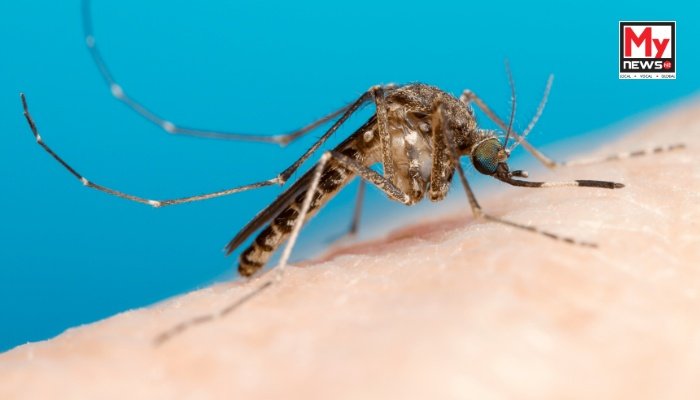Nagaland Grapples with Japanese Encephalitis Outbreak, Public Advisory Issued
Kohima – The Nagaland Health and Family Welfare Department has sounded an alarm across the state following the confirmation of nine Japanese Encephalitis (JE) cases this year. The public advisory, issued amidst the relentless monsoon downpour, underscores the heightened risk of mosquito-borne ailments during this period.
Japanese Encephalitis, a grave viral infection, is primarily spread by Culex mosquitoes that thrive in stagnant water bodies such as paddy fields and ponds. The disease can inflict severe brain inflammation, potentially leading to debilitating complications or even fatalities. Health officials have cautioned that for every observed symptomatic case, there could be a staggering 300 to 1,000 asymptomatic infections circulating, necessitating an urgent emphasis on vigilance and prompt diagnosis. Pigs, acting as crucial amplifying hosts, play a pivotal role in the virus’s transmission cycle, though it’s important to note that JE does not spread from person to person.
“There is no specific antiviral treatment for JE. Management is supportive, focusing on alleviating symptoms. The usual incubation period ranges from 5 to 10 days,” the official advisory detailed. In response to the escalating concern, district health units have been directed to intensify disease surveillance, carry out extensive fogging operations, and amplify awareness campaigns in areas identified as particularly vulnerable. Citizens experiencing symptoms such as sudden high fever, persistent headache, vomiting, or disorientation are strongly advised to seek immediate medical consultation.
The department further stressed the critical role of routine immunisation, proactive community participation, and swift response mechanisms to emerging cases as vital strategies in curbing the spread of the disease across Nagaland.
Read More: Assam: Eviction Drive Underway in Paikan Reserve Forest, Over 1,000 Families Affected

